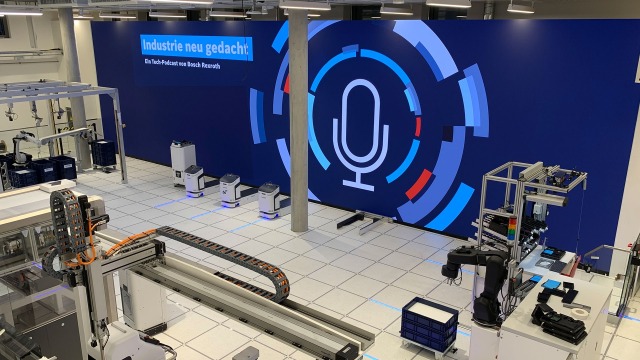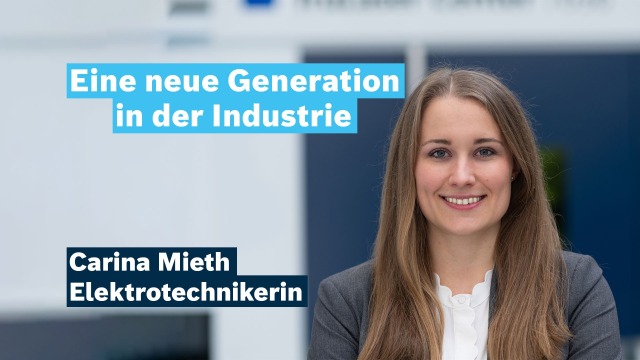7 theses
-
The factory of the future must be designed ecologically, economically and socially. Young people do not want to work in an environment that exploits people or the environment in value chains. Without a clear commitment to sustainability in their processes, companies will no longer attract skilled workers. Most people recognise greenwashing very quickly.
-
We have discussed sharing and collecting production data for many years. Energy data was left out for many companies. But we need to bring production and energy data together. Automation can help us to save energy, water and CO2. Production will therefore have to become even more flexible in order to react quickly to changes in the energy market. In future, it may be worthwhile for companies to feed energy into the grid rather than use it on site. In that case, however, production will have to be automatically made up at night. So we need transparency on the shop floor and with energy.
-
Industry needs to work together on the topic of energy. Many companies can benefit from each other, but often don't know it. If we share and analyse energy data in the industrial estate with the neighbours, added value can be created. There are already role models for this today.
-
AI projects in industry currently focus mainly on saving time or improving quality. Only rarely do companies use AI approaches to save energy, water or CO2.
-
Companies need to ask themselves the question: How green is my AI project? There are promising approaches from research that analyse the AI consumption when training models and visualise it for the user.
-
We will continue to have classic mass production in the factories but at the same time also many matrix productions that are connected via AMRs. With methods like reinforcement learning, factories can be re-planned, simulated and put into operation. But: even more individual production still means complex factory structures.
-
We need to upgrade work in production - technologically, but also through new forms of organisation and training opportunities. In the pandemic, it was mainly the employees in the offices who benefited from the home office. That is why companies will have to think in terms of mixed models in the future. Can employees work on the shop floor and in the office? At the same time, we are creating desirable jobs with modern technologies. But workers also have to adapt to the new production world. People in production must be aware of what data is collected and how their activity is reflected in collected data (transparency). If automated decisions are made that have an influence on the worker and the processes assigned to him, it should be possible for him to understand them (explainability). This increases the acceptance and thus also the success of digital technologies in use on the production line.
You can find this and other episodes on the factory of the future in our tech podcast channel "Industry rethought" on all known platforms or you can subscribe directly here via Podigee (only available in German).
Contact person for the Bosch Rexroth Tech Podcast:
Susanne Noll
Please feel free to contact Bosch Rexroth!




